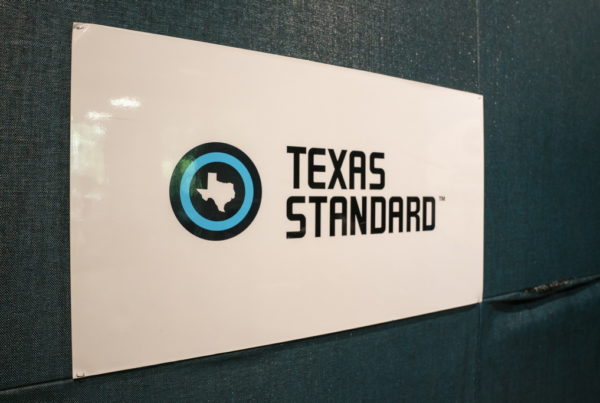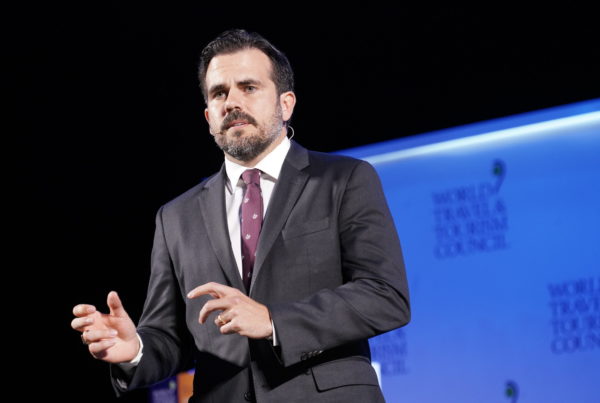Texas ranks No. 1 in the number of death row executions, and now, the federal government is using Texas as a model as it revives the federal death penalty. Federal capital punishment was essentially on hold for nearly two decades. Attorney General William Barr announced the change Thursday, and has scheduled executions for five inmates.
Rory Little is a law professor at the University of California Hastings College of the Law, and an expert on the death penalty. The last execution of a prisoner on federal death row took place in 2003. Little says federal prosecutors in the early 2000s tried to get the death penalty in several other cases but juries were mostly unwilling to dole out that punishment.
“They lost about 22 out of 23 [cases] because jurors don’t like to give the death penalty in cases where it’s not that egregious,” Little says.
He says the federal death penalty was all but abolished once Barack Obama became president because he was concerned about racial disparities among death row inmates.
“So, effectively, the Obama administration didn’t execute anybody because of those concerns,” Little says. “Yesterday’s announcement is a reversal of that decision.”
Little says there are 62 people on federal death row now, and executions take place in Terre Haute, Indiana.
Texas executes about 10 death row inmates a year – the highest in the nation. But Little says overall, executions are down nationwide. And there has been controversy, especially in Texas, about how executions are carried out, including about the drug for lethal injection.
“Despite the concern over the methods of execution, executions have gone forward pretty steadily in the states,” Little says.
He says the federal government will use the same drug Texas uses for lethal injections: pentobarbital.
“There doesn’t seem to be any constitutional objection to that,” Little says. “They’ll probably be able to go ahead with the method, but there are gonna be legal challenges to all five of these cases that the attorney general announced yesterday.”
And pharmaceutical companies that make pentobarbital are often uncomfortable providing it for executions. State suppliers are usually a secret.
“There’s been some concern that you can’t get pentobarbital now,” Little says.
Texas, for example, has a limited supply of the drug, and it’s unclear what will happen when that runs out.
Little says the federal death penalty has been used less and less because cases are often dealt with at the state level. But also, he says it’s waning because of obvious racial disparities.
“Everyone is well aware that there is race disparity in the death penalty, which means that the number of African Americans and Hispanics on death row far exceeds their population number in the general population,” Little says.
Written by Caroline Covington.

















